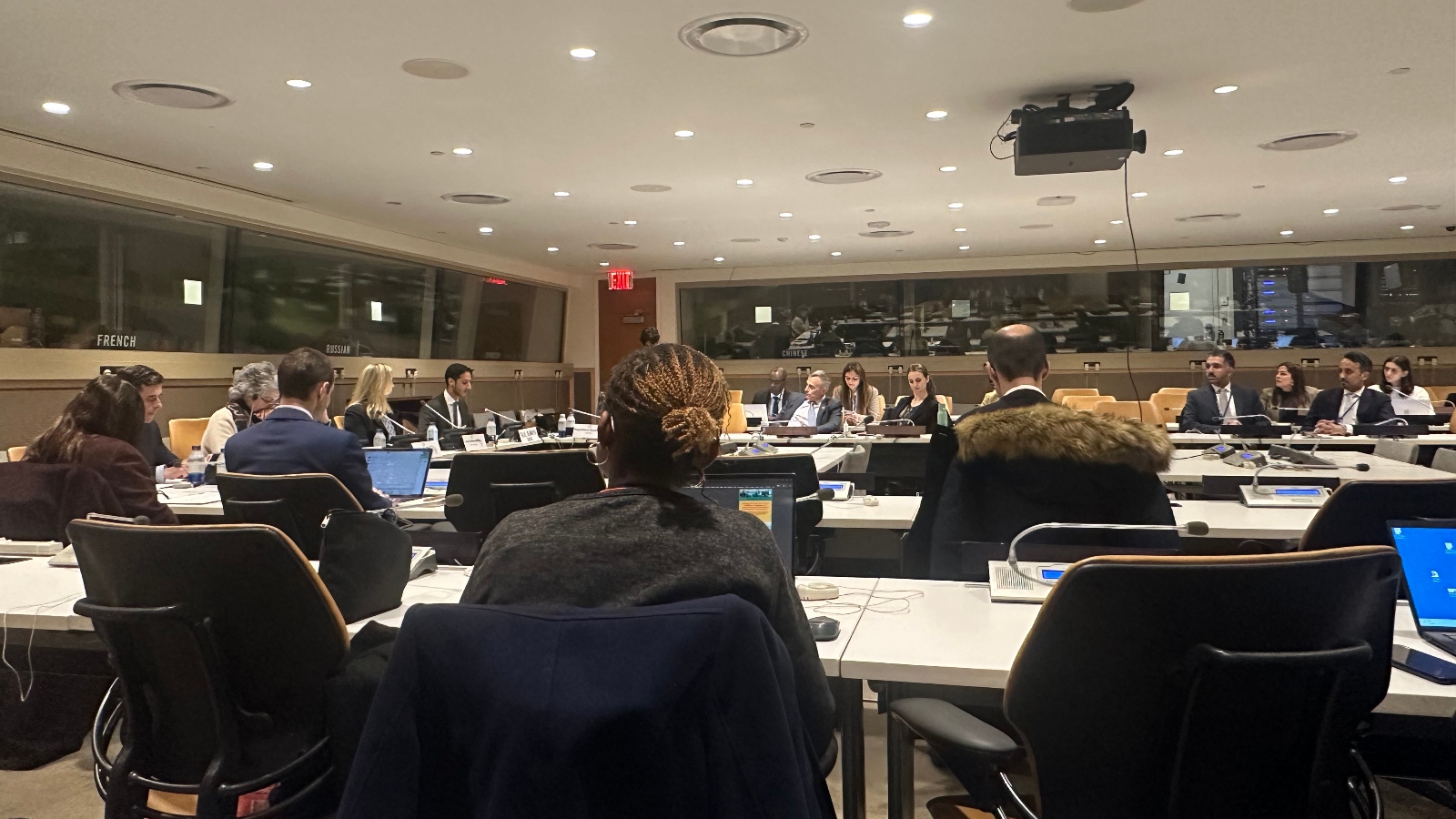
On 13 February 2025, global policymakers, financial experts, and civil society representatives gathered at the UN Headquarters in New York for the side event “Bridging the Gap: Mobilizing Inclusive Financing for the Sustainable Development Agenda”. The event was organized by UN DESA, UNRISD, and Club de Madrid, and was facilitated by Julie Garfieldt Kofoed, Senior Director of Sustainable Development Initiatives at the United Nations Foundation. The event was held on the margins of the 63rd Session of the Commission for Social Development (CSocD63) and aimed to address the urgent need to close the SDG financing gap by ensuring financial strategies align with social development goals.
Aligning finance with social priorities
Despite global commitments, 85% of the SDGs remain off track, with progress stagnating in poverty eradication, climate action, and social inclusion. H.E. Danilo Türk, President of Club de Madrid and former President of Slovenia, emphasized that financing social development is embedded in the UN Charter and called for a cohesive UN approach to financial governance.
Mr. Talal Al-Naama, representing the state of Qatar, reaffirmed Qatar’s commitment to advancing social development financing, particularly in the lead-up to the Second World Summit for Social Development (SWSSD) in 2025.
Panel discussions
Panelists examined how financing mechanisms can be leveraged to support inclusive and resilient development:
- Jorge Aranda, Deputy Permanent Representative of Portugal to the UN, highlighted the need to modernize commitments made in the Copenhagen Declaration, integrating technological and environmental considerations while ensuring policy coherence with the Pact for the Future.
- Magdalena Sepúlveda, Executive Director of UNRISD, stressed the importance of global tax reform to enable domestic resource mobilization for social investment. She urged the adoption of multilateral systems to ensure fairer taxation in the digital economy.
- Shari Spiegel, UN DESA, described the sustainable development crisis, calling for a large-scale financial push alongside international financial architecture reforms to enhance private-public sector collaboration.
- Daniel Perell, Baha’i International Community’s UN Office, advocated for working towards future generations, especially those who don’t have opportunities. He further suggested redefining success beyond an economic framework, incorporating social development, climate action, and peace.
Moving forward
Speakers emphasized that financing social development is a moral and economic imperative. Key takeaways included:
- Reforming global financial governance to ensure fair access for developing countries.
- Strengthening tax justice and fiscal policies to increase domestic financing.
- Aligning private-sector investment with SDG priorities.
- Fostering partnerships between financial institutions and social development actors.
As the world prepares for FfD4 and the Second World Summit for Social Development, this discussion set the stage for bold financial commitments that prioritize inclusion, resilience, and sustainability.
Source: UN DESA
 Welcome to the United Nations
Welcome to the United Nations